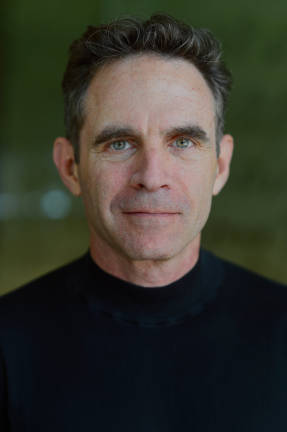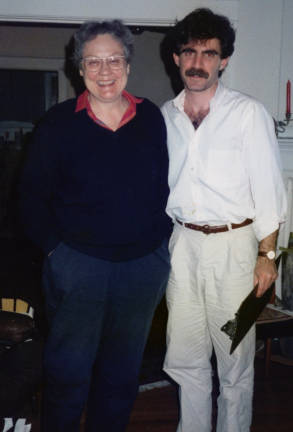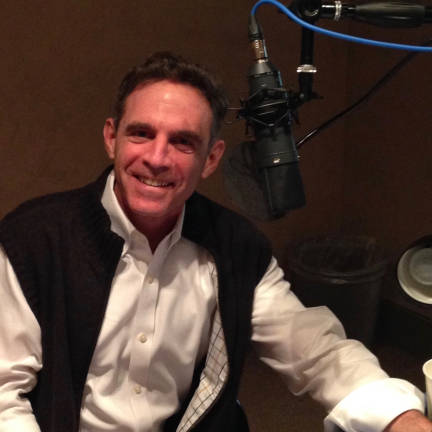Bringing LGBTQ History To Life



Eric Marcus, a journalist, author and historian, lives across the street from radio producer Sara Burningham in West Chelsea. With his three-decade-old audio archive of interviews with LGBTQ activists, icons and allies combined with Burningham’s production skills, the two neighbors have created a podcast, “Making Gay History.”
The podcast first launched in October 2016 and is now in its second season. Each episode runs about 15 to 20 minutes long and features one person’s story, with an introduction from Marcus, giving details about when he interviewed them and why they were significant in the gay rights movement. Because he recorded the interviews in the late 80s while he was preparing to write a book by the same name, many of the interviewees have since died, making the recordings precious recollections of vibrant people who helped change the world.
Originally, Marcus did not consider himself a historian, nor did he know very much about LGBTQ history. But his venture to write an oral history of the gay civil rights movement lead him to discover many major leaders of the early movement — people like Wendell Sayers, a black gay man born in 1904 and “diagnosed” as a homosexual at the Mayo clinic when he was 16 years old, who became the first black attorney to work in the Colorado State Attorney General’s office. Or Frank Kameny, who was fired from his federal government job in 1957 because he was gay and then fought and won an eighteen-year-battle to change the law.
“I remember being outraged that I didn’t know this history. I thought that everything began at Stonewall and I didn’t really know much beyond that,” said Marcus. “And then here I discovered there was this incredible history dating back to World War II and that most of the people I wanted to talk to were still alive.”
After writing his book, which first came out in 1992, Marcus found himself with an archive of 100 interviews, 300 hours worth of tapes which have since been digitized by the New York Public Library. This treasure trove of gay history is at his fingertips, ready for him to filter through and decide whose story will be told next.
“The experience of doing the podcast now is rediscovering the material all over again, but by using the actual audio, it’s so much more intense and intimate,” said Marcus. “You get to hear people and their voices, which to me is very powerful.”
Marcus began sorting through the tapes in order to create some short clips for a non-profit organization called History Unerased, which is working on creating LGBTQ-inclusive K-12 curricula. Realizing that he had more than enough material, he asked Burningham to help him produce it, and it soon got picked up by the podcast producing company, Pineapple Street Media.
At the time that Marcus was writing his book, there was not a lot out there in terms of documented LGBTQ history. But even still today, LGBTQ history is rarely taught in schools. According to History Unerased, LGBTQ students are 30 percent more likely to drop out of school, while 82 percent of LGBTQ youth report being bullied.
“A lot of my contemporaries died during the AIDS crisis, so there aren’t as many of us around who can talk about this as there would have been,” said Marcus. “I feel an enormous responsibility to the people I interviewed to help them tell their stories that would otherwise be lost to history.”
Listening to trans icons Sylvia Rivera and Marsha P. Johnson, who were prominent activists in the Stonewall Riots, reminds listeners just how far LGBTQ rights have come in the past couple of decades. But they are also reminders of the strength and determination it takes to keep moving forward.
“We have won key battles in almost every aspect of American society whether it’s legal or social. But there are still so many areas in which we haven’t achieved equality and there are lots of ways in which our lives are still misunderstood,” said Marcus. “Each successive wave of LGBTQ people has picked up the ball from a previous generation and run with it.”